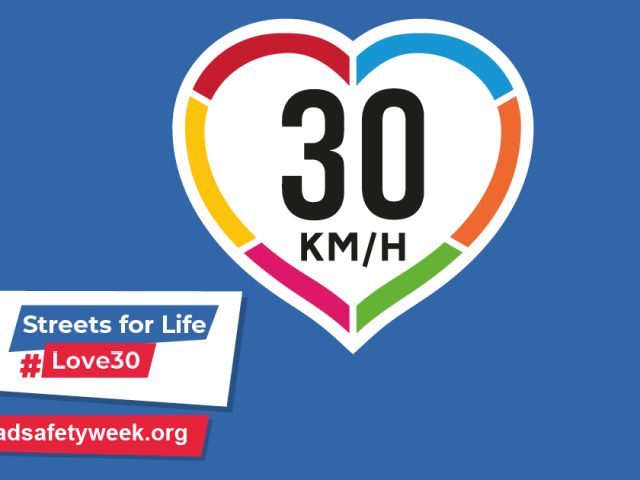Mandatory distraction warning systems won’t detect most important types of distraction
ETSC has written to the European Commission to warn that draft specifications for mandatory distraction warning systems, required on new types of vehicles from 2024, won’t detect distraction from infotainment systems or mobile phones mounted on the dashboard.
Distraction warning systems are a requirement of the EU’s vehicle safety technology package agreed in 2019. But detailed technical specifications are in the process of being agreed in technical working groups.
ETSC is warning that the draft specification will only detect prolonged gazes towards the lap or feet, and not those toward the dashboard where infotainment touch screens are located, and where mobile phones are frequently mounted. The systems will also not be required to detect when a driver has turned around, for example, to attend to children in the rear seats.
Scientific evidence shows that glances away from the windscreen that last longer than two seconds are linked to a doubling of the risk of a collision. The current draft rules would allow drivers to be distracted for up to six seconds when driving at speeds above 20km/h, but below 50km/h. This speed range is indicative of driving in an urban area, where vulnerable road users are commonly encountered. In its letter ETSC says it is ‘incomprehensible’ that the system will allow drivers to be distracted for so long in urban areas.
The weakened requirements appear to be directly linked to car industry groups, who proposed deleting sections of the draft rules that corresponded to distraction involving the dashboard area as well as increasing the delay to the warning time period.
Antonio Avenoso, Executive Director of ETSC commented:
“Time and again we see car industry groups attempting to weaken regulations to allow them to fit the cheapest and most ineffective safety systems – and time and again, we see the EU institutions letting them get away with it.
“Distraction causes death and injury on our roads, and the problem is getting worse thanks to the rise of touchscreen infotainment systems and use of phone apps in the car. This regulation could make a big difference, but instead we risk ending up with a virtually useless system that doesn’t actually detect distraction. We strongly urge the EU to look at the rules again, and ensure they are fit for purpose.”








